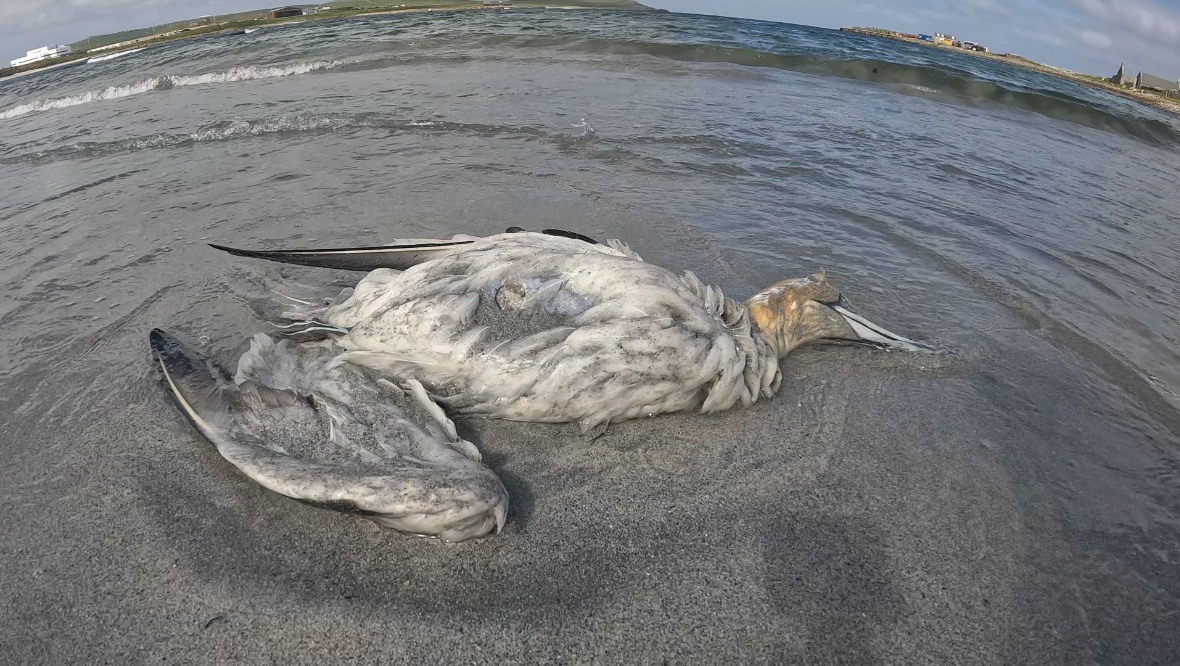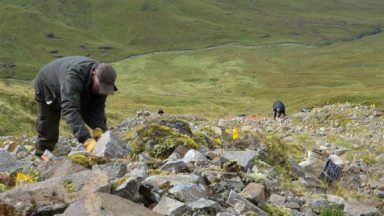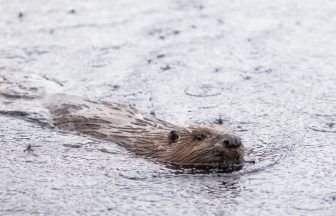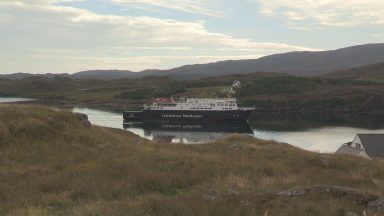RSPB Scotland is calling on the Scottish Government to intervene amid a recent outbreak of avian flu as hundreds of seabirds have been found dead across the country.
The charity said the authorities “must act now” to respond to the developing bird flu situation and to ensure measures are put in place to reduce the threats faced by Scotland’s seabirds.
Shetland appears to be the most heavily affected, but there are increasing numbers of reports from many of Scotland’s islands and coastlines, RSPB Scotland said.
Around 1000 dead gannets have been recorded in Shetland.

The RSPB is urging the Government and NatureScot to develop a response plan urgently to coordinate surveillance and testing.
There have been reports of widespread deaths at great skua colonies in Shetland, Fair Isle, Orkney, the Western Isles, Handa, the Flannan Isles and St Kilda.
As well as widespread reports of sick and dead gannets at key colonies – most notably Noss in Shetland but also Troup Head in North East Scotland, Bass Rock in the Firth of Forth and elsewhere.
The RSPB have said that Scotland has 60% of the world’s population of breeding great skuas and 46% of breeding gannets.
Dr Paul Walton, head of species and habitats for RSPB Scotland, said: “Scotland’s seabirds are already facing multiple severe pressures generated by people – climate change, prey fish shortages, invasive species brought to islands, mortality in fishing gear and poorly sited wind turbines.
“These populations have halved since the 1980s. Now, a highly mutable and deadly new form of avian influenza, which originated in poultry, is killing our wild seabirds in large numbers.
“We urge the Scottish Government and NatureScot to develop a response plan urgently – to coordinate surveillance and testing, disturbance minimisation, carcass disposal and biosecurity.”
Last winter bird flu devastated numbers of barnacle geese in the Solway with estimates of a loss of more than a third of the world’s Svalbard population.
A Scottish Government spokesman said last winter had seen the “largest outbreak of avian flu in the UK to date”, which had affected wild birds as well as commercial flocks.
“While maintaining high levels of biosecurity among domestic flocks helps protect against disease, addressing the disease among wild birds poses significant challenges,” the spokesman said.
“Avian influenza is a disease that affects the wild bird population globally.
“The Scottish Government is taking the situation very seriously and is working hard with partner organisations to progress measures to respond to the reports of increased mortality among wild bird populations and help them become more resilient.”
The charity warned people not to touch dead or sick birds if they are discovered, and to instead contact DEFRA as soon as possible on their helpline number 03459 33 55 77.
Follow STV News on WhatsApp
Scan the QR code on your mobile device for all the latest news from around the country


 RSPB Scotland
RSPB Scotland
























